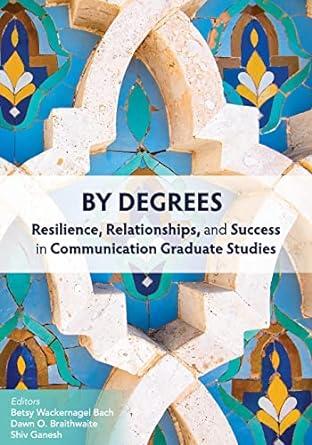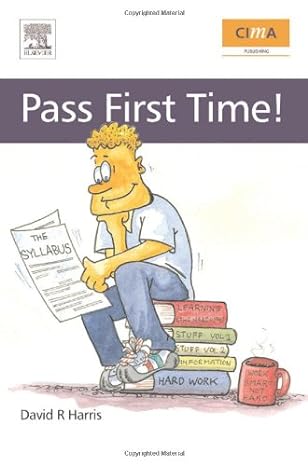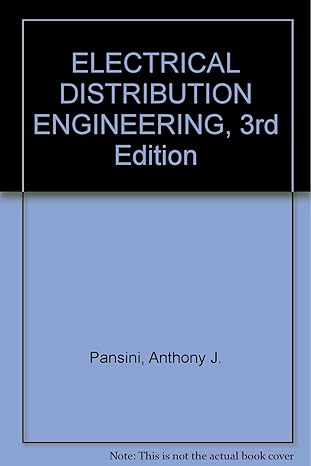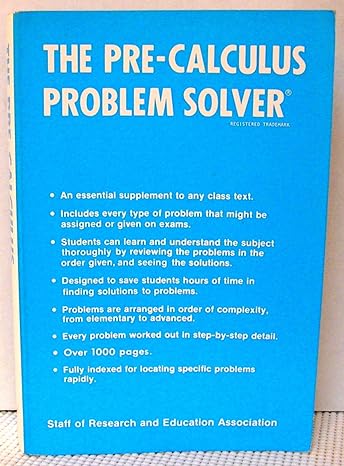Go back

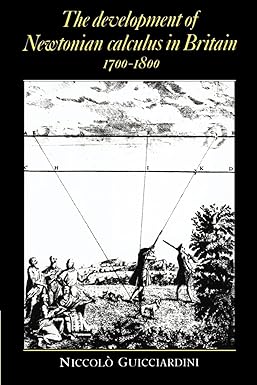
The Development Of Newtonian Calculus In Britain 1700-1800(1st Edition)
Authors:
Niccolo Guicciardini

Cover Type:Hardcover
Condition:Used
In Stock
Include with your book
Free shipping: April 13, 2024Popular items with books
Access to 3 Million+ solutions
Free ✝
Ask 10 Questions from expert
200,000+ Expert answers
✝ 7 days-trial
Total Price:
$0
List Price: $52.99
Savings: $52.99(100%)
Book details
ISBN: 0521524849, 978-0521524841
Book publisher: Cambridge University Press (November 13, 2003)
Get your hands on the best-selling book The Development Of Newtonian Calculus In Britain 1700-1800 1st Edition for free. Feed your curiosity and let your imagination soar with the best stories coming out to you without hefty price tags. Browse SolutionInn to discover a treasure trove of fiction and non-fiction books where every page leads the reader to an undiscovered world. Start your literary adventure right away and also enjoy free shipping of these complimentary books to your door.
The Development Of Newtonian Calculus In Britain 1700-1800 1st Edition Summary: Guicciardini presents a comprehensive survey of both the research and teaching of Newtonian calculus, the calculus of "fluxions", over the period between 1700 and 1810. Although Newton was one of the inventors of calculus, the developments in Britain remained separate from the rest of Europe for over a century. While it is usually maintained that after Newton there was a period of decline in British mathematics, the author's research demonstrates that the methods used by researchers of the period yielded considerable success in laying the foundations and investigating the applications of the calculus. Even when "decline" set in, in mid century, the foundations of the reform were being laid, which were to change the direction and nature of the mathematics community. The book considers the importance of Isaac Newton, Roger Cotes, Brook Taylor, James Stirling, Abraham de Moivre, Colin Maclaurin, Thomas Bayes, John Landen and Edward Waring. This will be a useful book for students and researchers in the history of science, philosophers of science and undergraduates studying the history of mathematics.
Customers also bought these books
Frequently Bought Together
Top Reviews for Books
Sheu mojeed
( 4 )
"Delivery was considerably fast, and the book I received was in a good condition."



